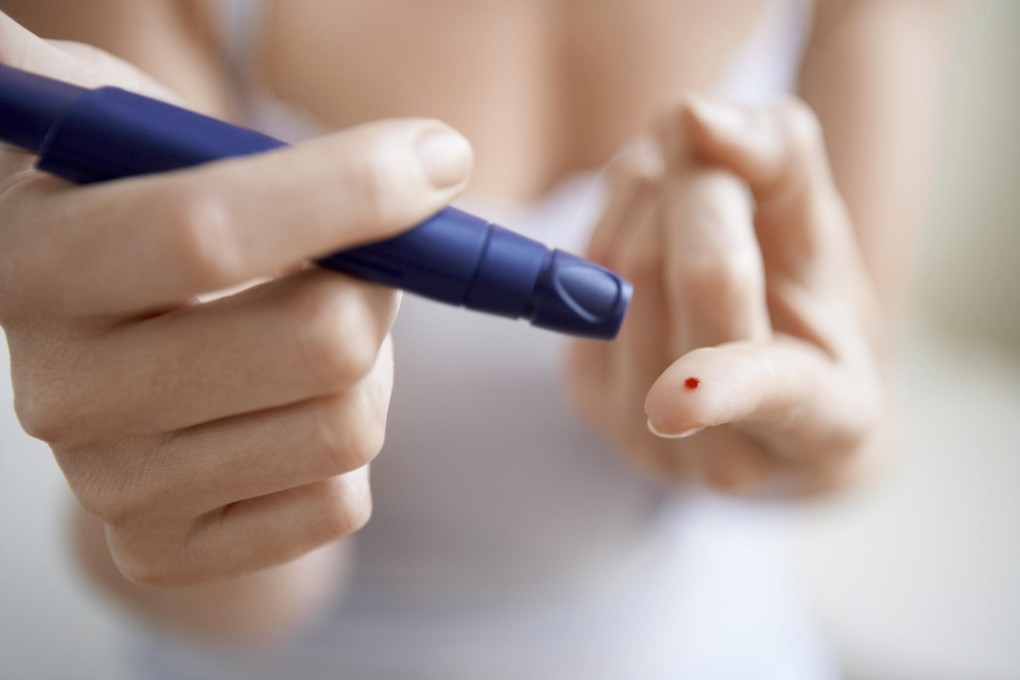Researchers suspect link between Finland's cleanliness and high rate of diabetes
Researchers suspect a connection between the wealthy country's extreme cleanliness and the incidence of the disease among children

It may come as a surprise that Finland - one of the least polluted, wealthiest countries with a high life expectancy - has the highest rate of Type 1 diabetes. Each year, there are 58 cases diagnosed per 100,000 children; in the US there are 24, the International Diabetes Federation says.
Some researchers suspect there may be a connection between Finland's cleanliness and the incidence of the disease. They are now investigating whether the lack of exposure to a specific group of bacteria found in the intestine may be causing weaker immune systems in Finnish children, making them more susceptible to Type 1 diabetes.
This so-called hygiene hypothesis - that cleaner living can result in a weaker immune system - has also been linked to ailments such as asthma.
"We are working along the idea that we have a trigger which most likely is an infectious agent," said Mikael Knip, a professor of pediatrics at the University of Helsinki who has been studying diabetes for 30 years. "There is an association between such infections and appearance of antibodies."
Just as there are microbes that trigger the disease, Knip says there are also some bacterial or viral infections that, if they occur at an early age, can protect a young child from developing Type 1 diabetes.
Type 1 diabetes, which affects about 37 million people worldwide, is an autoimmune disease in which the body does not produce sufficient insulin, a hormone needed to break down sugars. Typically diagnosed in children, teens and young adults, the disease can eventually damage the eyes and organs such as the kidneys, and it increases the likelihood of stroke and heart failure. Type 1 diabetes can shorten a person's life span by as many as 10 years and there is no cure.